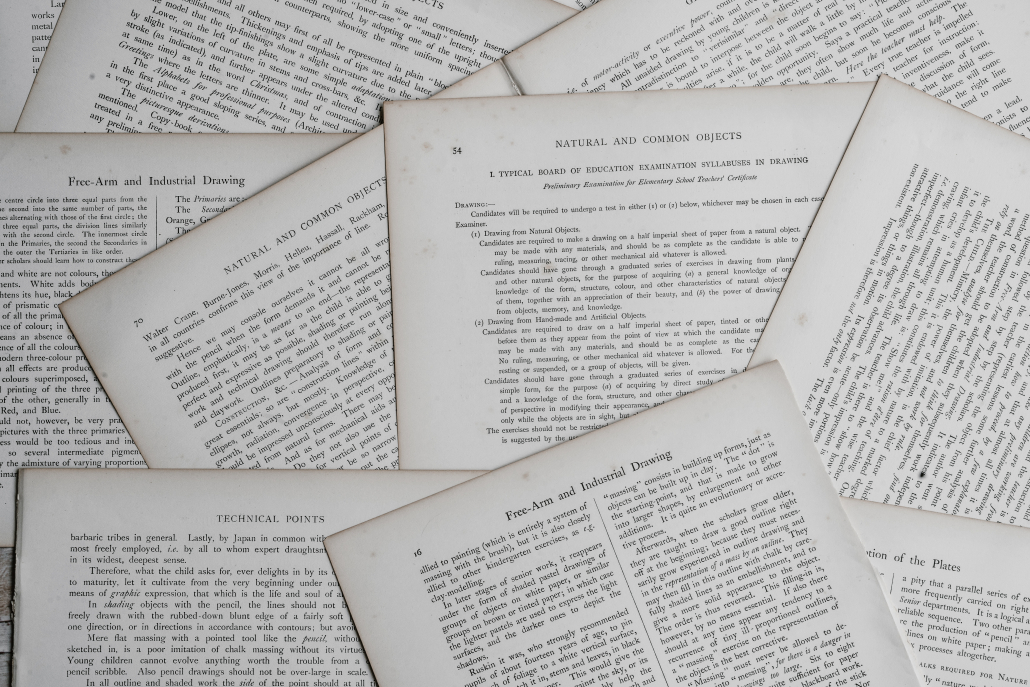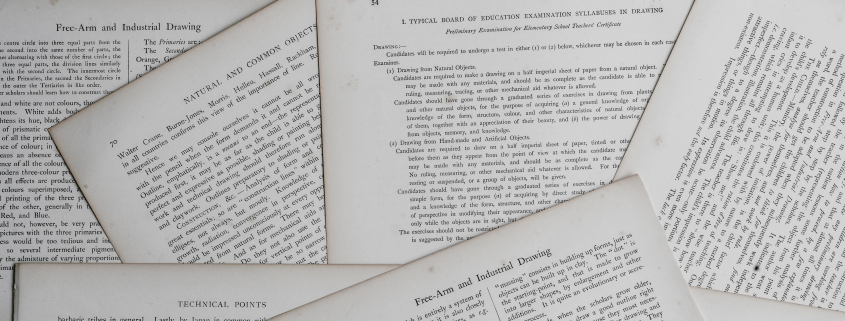Academic writing is needlessly inaccessible

The bane of my college existence thus far has been fighting for comprehension against the very readings that should be helping me. Far too many times in this semester alone, I have read passages nearly 10 times over just to grasp a basic understanding of the material. With overcomplicated explanations and enough flowery language to establish a community garden, I spend most of my time in awe of the talent of rendering writing completely incomprehensible for your audience.
If we are trying to get some kind of a point across, what is so wrong with plain language? Apparently, many things — all of which are unbeknownst to the public and kept under seemingly maximum security by those in academia. After being confronted with so many convoluted writings, it becomes painfully clear that, more often than not, academics do not consider their nonacademic counterparts. And, somehow, the public witnesses the perpetual pissing contest between academicians to see who can create the most baffling article known to man.
There is no doubt that this approach to writing in academia is nothing short of an elitist form of gatekeeping. As I mentioned with the metaphorical “pissing contest,” it seems that many of these impenetrable writings never intended to inform a general audience — rather to flaunt the author’s specialized expertise to a very select audience: others in academia.
This can be directly detrimental to society’s desire to learn. When everything you wish to learn about requires so much time and dedication just to comprehend a simple concept, it becomes defeating not being “clever” enough to sift through certain writings.
Academia’s far-too-common and cryptic way of writing directly contributes to an overall net loss for society. Academic gatekeeping deters the average reader, and articles that should be read by the public cannot be feasibly read or absorbed.
But even more painful than the previous conclusion is the idea that we are regressing because of this kind of writing; despite the amazing leaps and bounds that we make socially, scientifically or technologically, it has arguably become more difficult for us to celebrate collectively when there is such rampant confusion in academic writing.
However, I raise that the lack of a consistent vetting process in academic writing exacerbates this problem. The issue does not lie within the lack of quality concepts; rather, it lies with assuring that the writing serves its would-be purpose: to be read and understood by a general audience.
I can empathize with scholars in academia as it likely becomes difficult to distinguish what can be considered “common knowledge” to the public — especially following years and possibly decades of expertise in your field. Unfortunately, I do not find this to be a suitable enough excuse to disregard such a large potential audience.
It is quite literally in the job description of an academic to be a vessel for learning, and selectively choosing who to educate is a failure on their behalf. Scholars could easily walk around this hurdle by having readers outside of the author’s specialization read their writing for clarity. Suggestions for more concise language and general comments to increase readability would undoubtedly benefit everyone.
A 2021 study conducted by Nooshin L. Warren and Matthew Farmer found that articles that scored highly in the clarity variable of their research were consistently cited more frequently on Google Scholar than articles with low clarity scores. Warren and Farmer’s research is comprehensible: “Articles with unclear writing make a smaller impact.”
For far too long, physical inaccessibility has been a barrier for people outside of higher education, and now, with the power of the internet, we are free to learn to our heart’s content. Publishing confusing writing that can only be successfully read by a select audience is contradictory to the entire purpose of writing in the first place. True academic scholars should wish to spread useful information — not to benefit from the temporary power trip of withholding knowledge from people who wish to learn.

